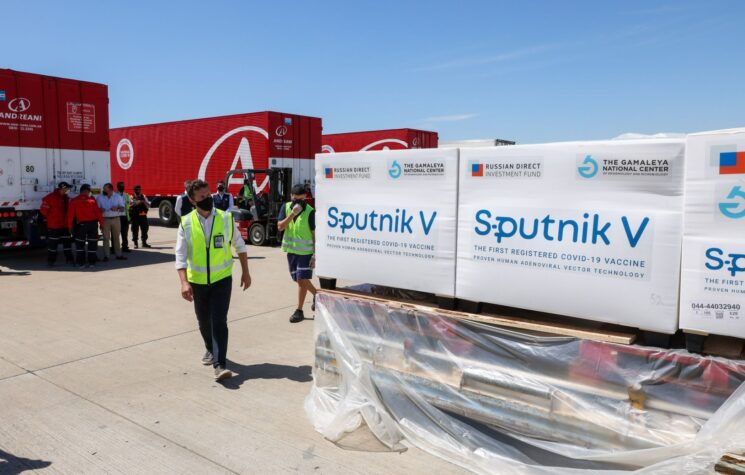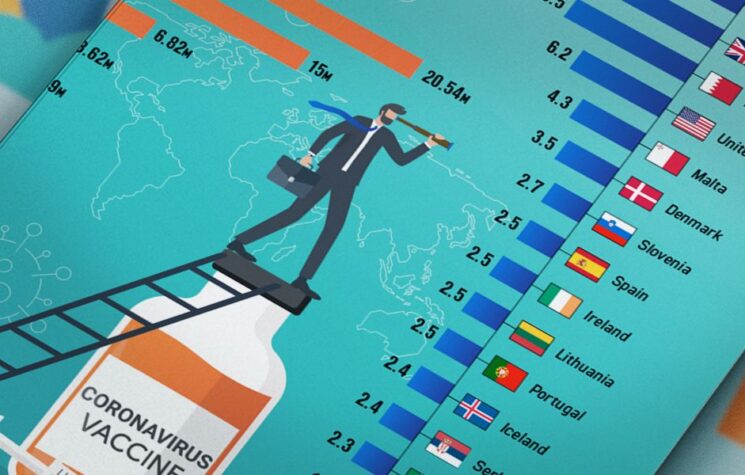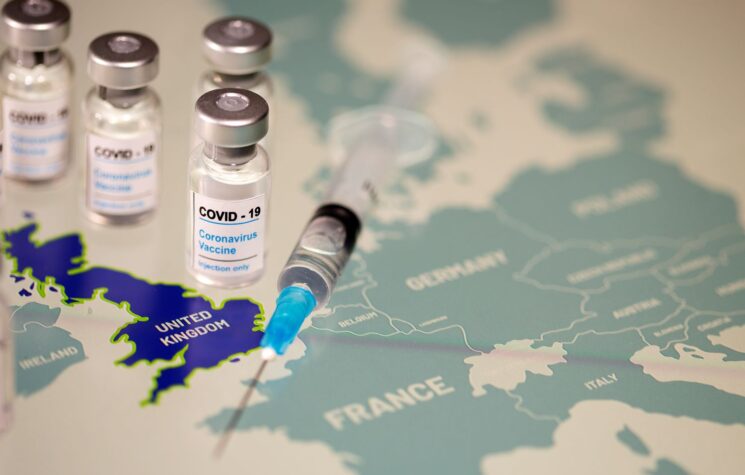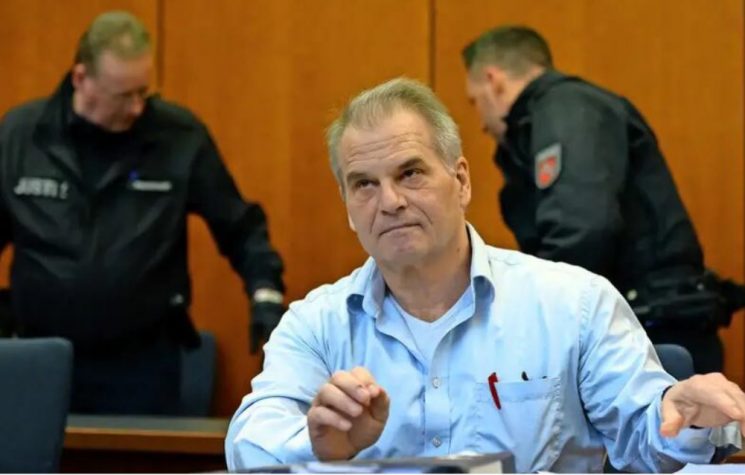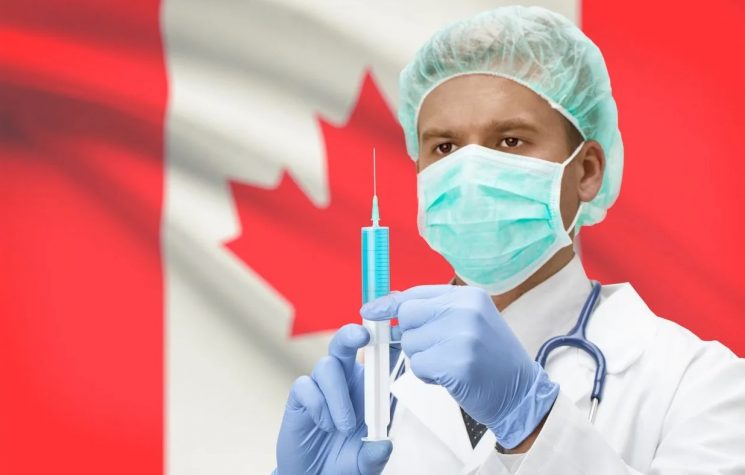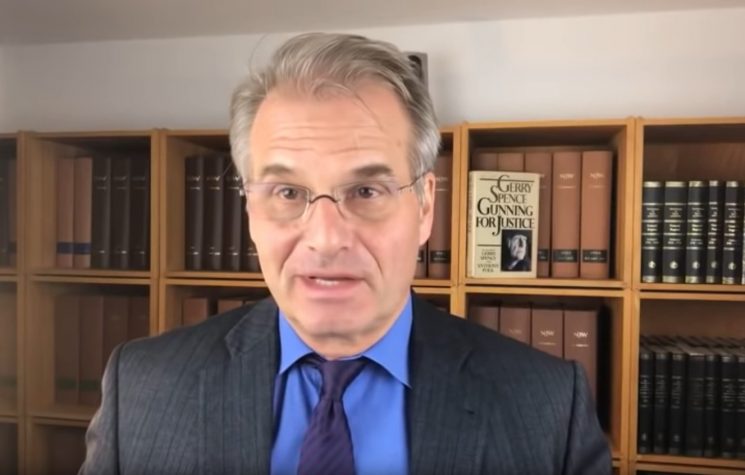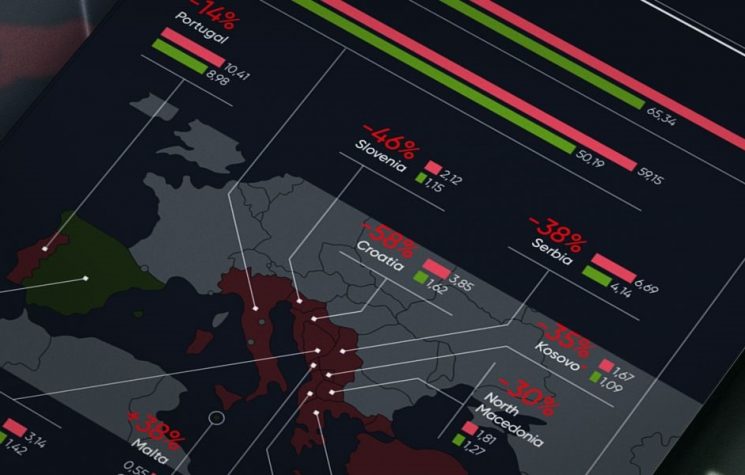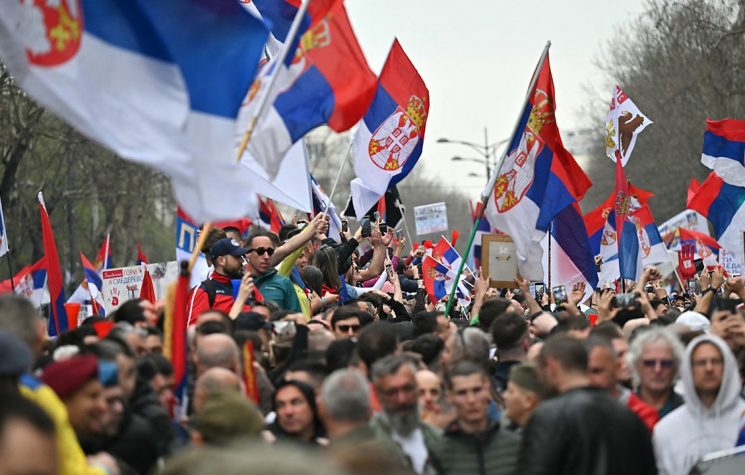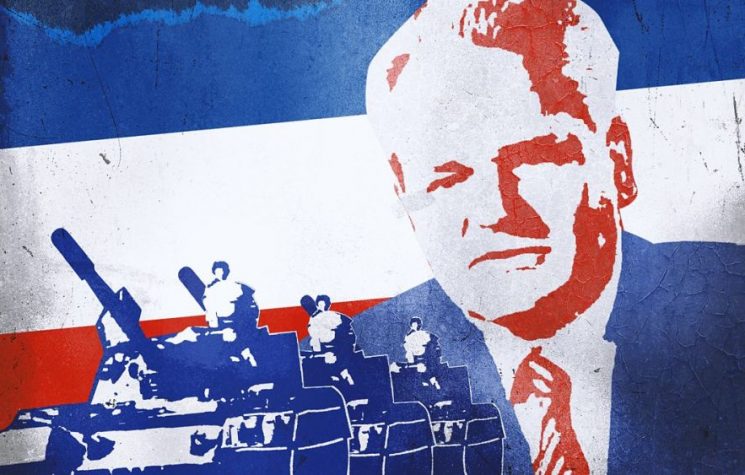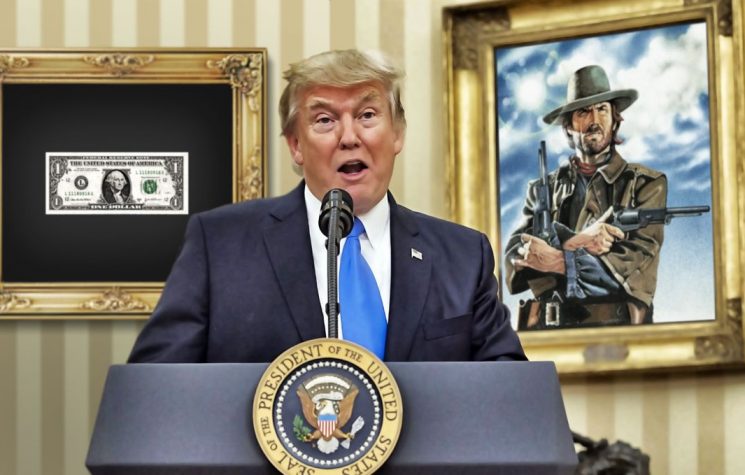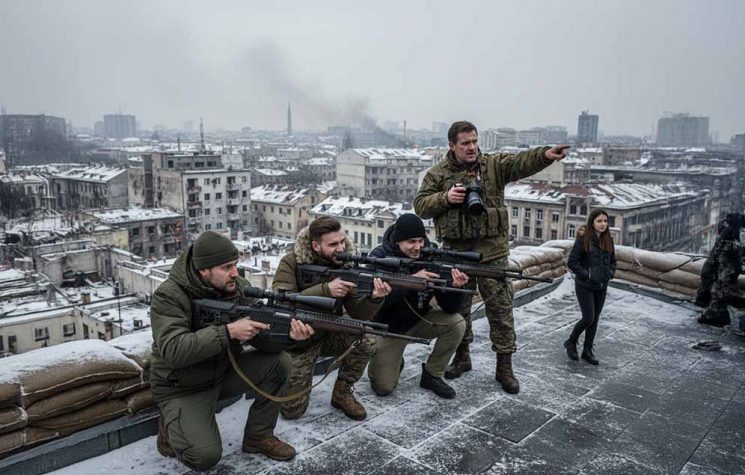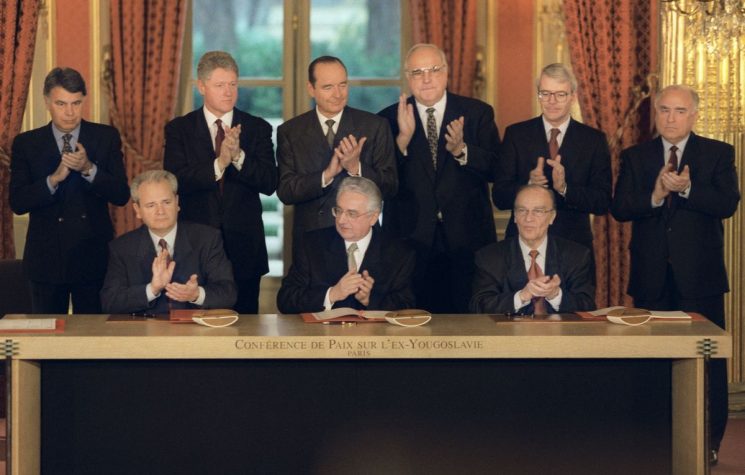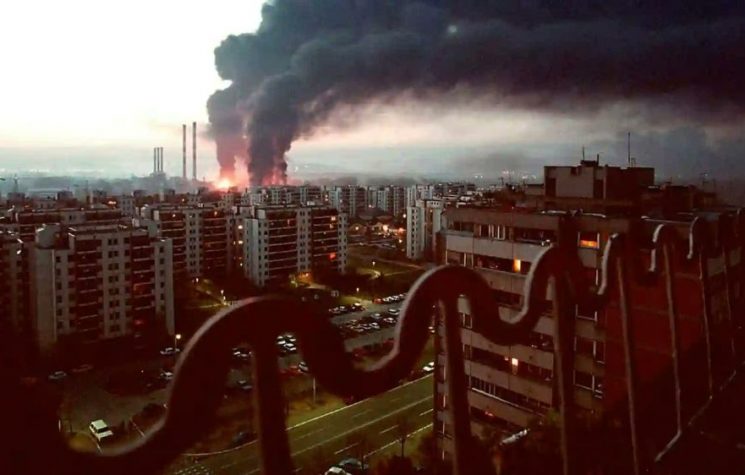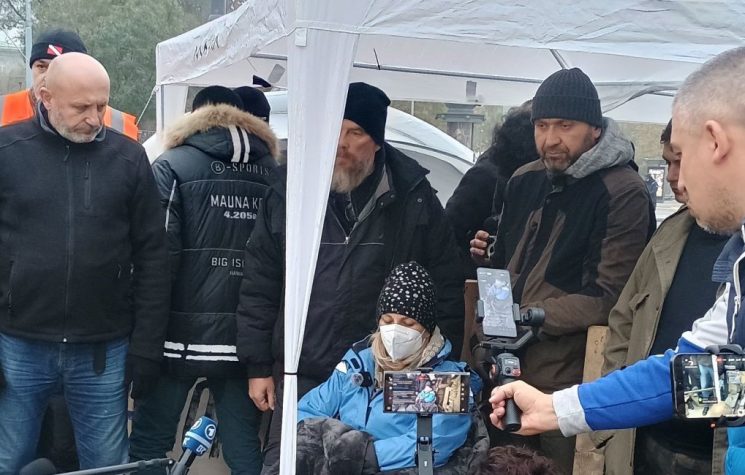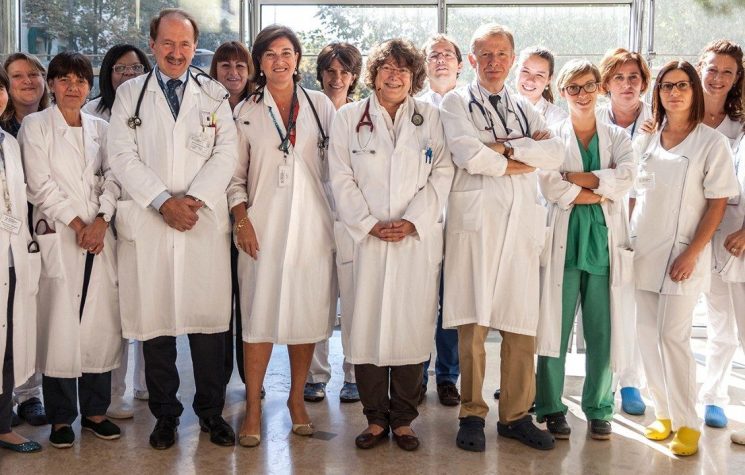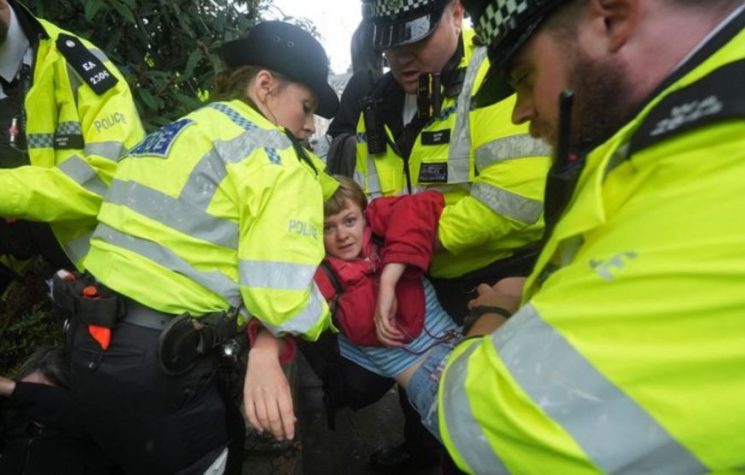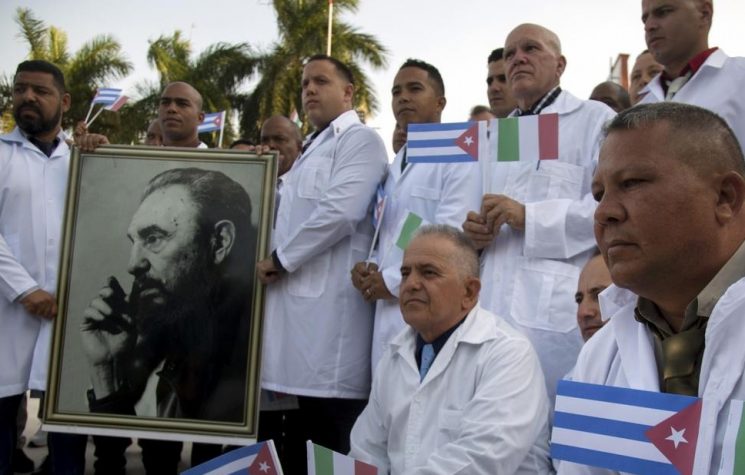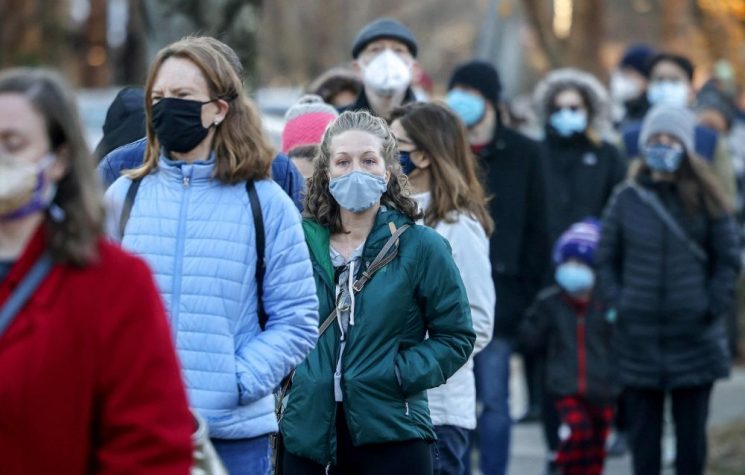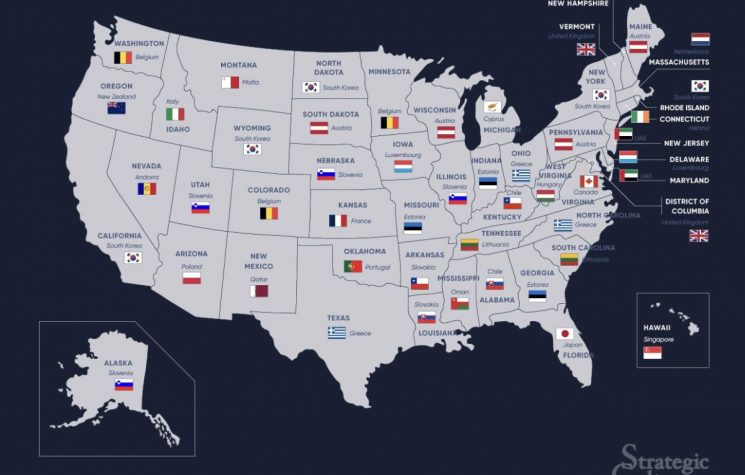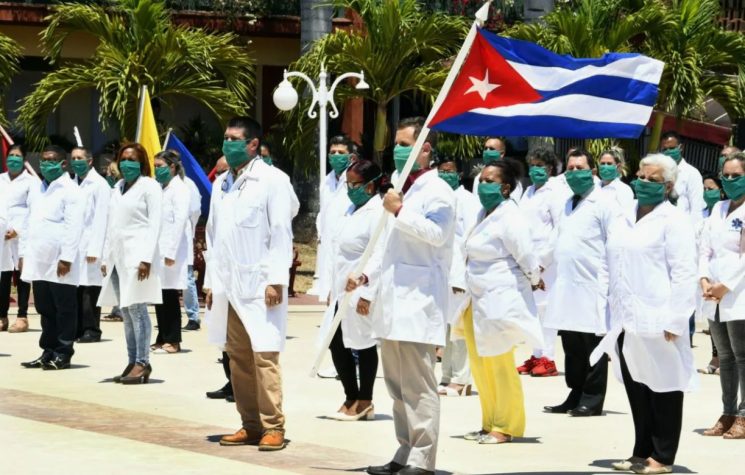Aleksandar Pavic describes how the lack of either EU or NATO membership has proven to be an advantage for Serbia in a time of crisis.
Serbia has been one of the stars of the first weeks of the global vaccination effort to tackle the Covid-19 pandemic. Differently from other European, and especially EU countries – despite its official EU candidate status – it has sought to secure vaccines from anywhere it could get them – both East and West, without waiting for Brussels’ bureaucracy to get its act together or trying to win political brownie points from wannabe defenders of liberal values, whatever that may mean. As a result, by the beginning of February, it achieved the second highest vaccination rate in Europe, behind only the United Kingdom. Moreover, its population can actually choose between the three currently most available global options – Pfizer Inc-BioNTech, China’s Sinopharm or Russia’s Sputnik V.
Clearly, lack of either EU or NATO membership has proven to be an advantage in a time of crisis, giving the country much-needed flexibility to react and seek alternatives. And its EU and/or NATO neighbors have been closely watching.
At the end of January, Hungary became the first EU country to approve the Sinopharm vaccine after carefully monitoring its mass rollout in Serbia. It also became the first EU country to grant emergency approval of Sputnik V, some three weeks after Serbia.
NATO member Macedonia’s prime minister has publicly thanked Serbia’s president Aleksandar Vučić for providing his country with 8.000 doses of Pfizer’s vaccine at purchase price, calling it “an act of solidarity from our neighbor and a reinforcement of our friendship.”
And Vedrana Rudan, a best-selling author and columnist from neighboring and not-terribly-friendly NATO/EU member Croatia, caused quite a regional stir with an article describing her end-of-January trip to Belgrade in order to get vaccinated. Technically, all residents of Serbia, including foreigners, are eligible for free shots. Although Ms. Rudan is not a resident, she claims she was able to get one on account of some of her dramas being played at Belgrade’s theaters and books sold in Serbian bookstores, and the fact that artists have been classified among the priority groups, together with the elderly, medical personnel, the military, the police and media workers. However, according to Serbia’s IT and electronic administration chief Mihailo Jovanović, even non-resident foreigners are welcome to get a jab.
But even if that were not the case, why wouldn’t Serbia take advantage of the opportunity to get some much-needed positive publicity? Especially having in mind the perennial pariah status it has been apportioned by the collective West for refusing to get totally on board with the post-Yugoslav neocolonial program, and for becoming the regional hub of “malign” Russian and Chinese influence due to its avowed military neutrality and steady refusal to join in on the West’s sanction mania vis-à-vis the two great Eurasian powers.
So, if you are Serbian, why not, for a change, at least briefly indulge in reading about an EU citizen’s near-religious experience, after “months of lockdown,” of being able to walk freely through the streets of your capital city, where bars and restaurants where one can “drink coffee like a human being” are full, and people stand in line to see an art exhibit? Or even in sympathizing with Ms. Rudan as she gets ready to return to “a locked-down city, a locked-down country, to a people that expected salvation from their politicians and Europe, but got… Here in Croatia, they talk of Serbia ‘sitting on several chairs,’ of ‘conspiring’ with the Chinese, Russians and all others from whom it can buy vaccines. Unlike Croatia, which doesn’t ‘conspire’ with anyone. Croatia isn’t sitting on any chair, it is sitting on its behind, its gaze fixed, waiting for the mercy of its masters.”
Still, as far as most of the local audience is concerned, the coup de grâce against the West’s incorrigible zero-summing during a global health crisis was delivered by none other than one of Serbia’s most ardent NATO supporters (and, until recently, Russophobes), Jelena Milić, who proudly Tweeted that she’d received none other than Russia’s Sputnik V vaccine on February 4. In an announcement posted on the website of the Center for Euro-Atlantic Studies, whose director she (still) is, Ms. Milić happily shared her reasons: “I opted for the Sputnik vaccine for several reasons. Reputable international periodicals have said that the Sputnik vaccine possesses all the qualities of the other available vaccines, as well as certain advantages. Many thanks to the Russian scientists. I sincerely hope that the process of producing the Sputnik V vaccine will soon begin in Serbia as well.”
And begin it shall. As announced following the February 3 telephone call between Vučić and Russia’s president Putin, Serbia will build facilities for the independent production of vaccines with the help of experts from Russia. If NATO’s motives were ever, even for a moment, truly “humanitarian,” there should be some very happy people at its Brussels headquarters about now.
In any case, let us sincerely hope that last October’s successfully organized 10th annual Belgrade NATO Week won’t be Ms. Milić’s last, and not just thanks to the 91% effectiveness of Sputnik V. To paraphrase the immortal Hawkeye Pierce – if NATO had more people like her, it’d have less people like her. Cold War II would finally begin to thaw, and everyone could get down to the serious business of building a single Eurasian space with indivisible military and health security for all.
One can dream, can’t one…?








